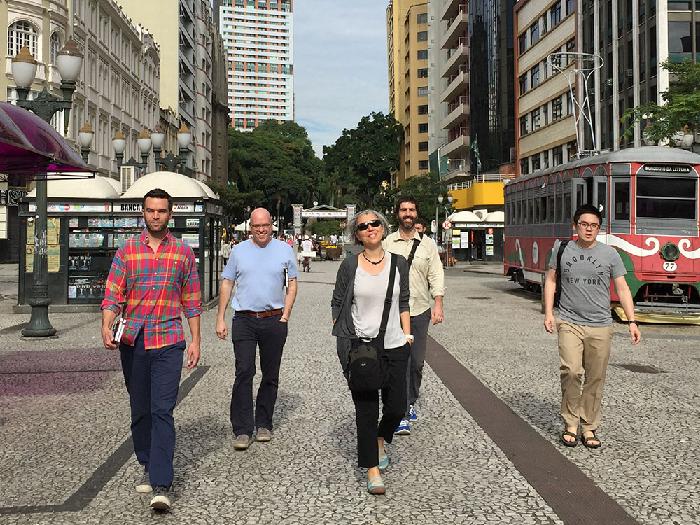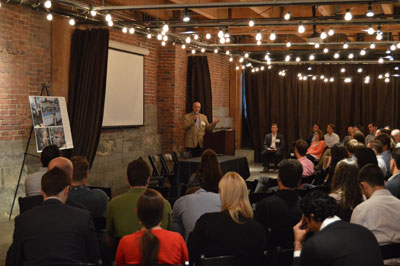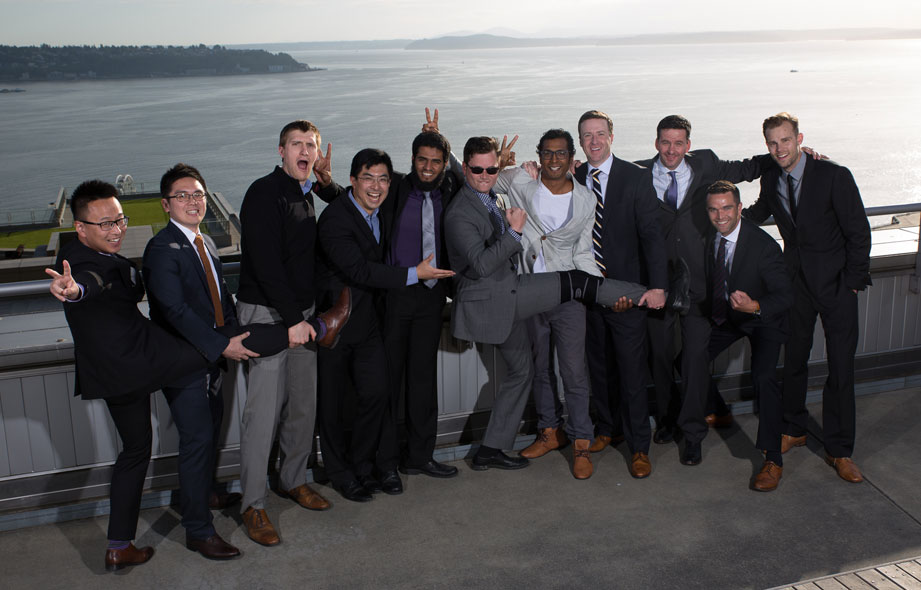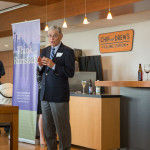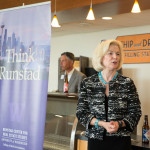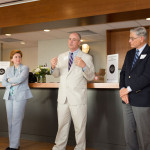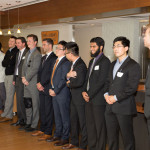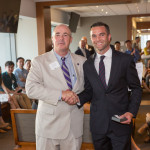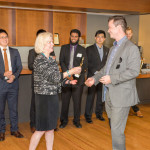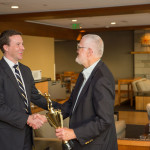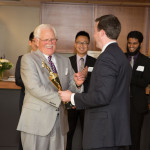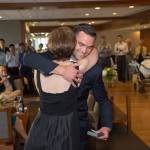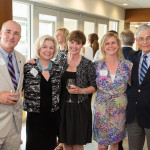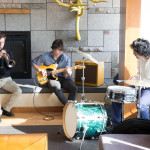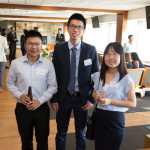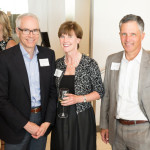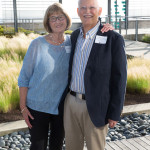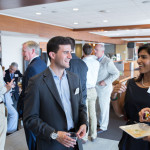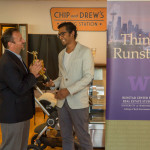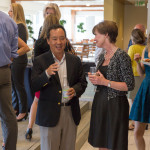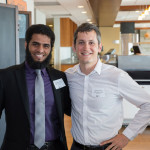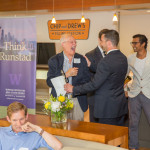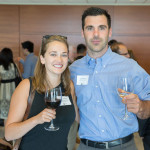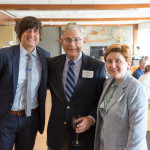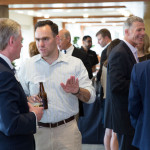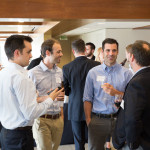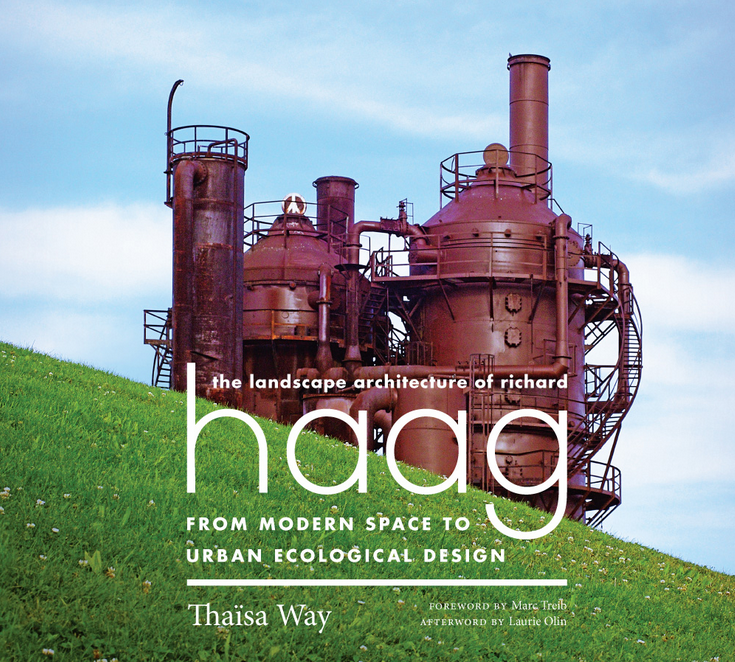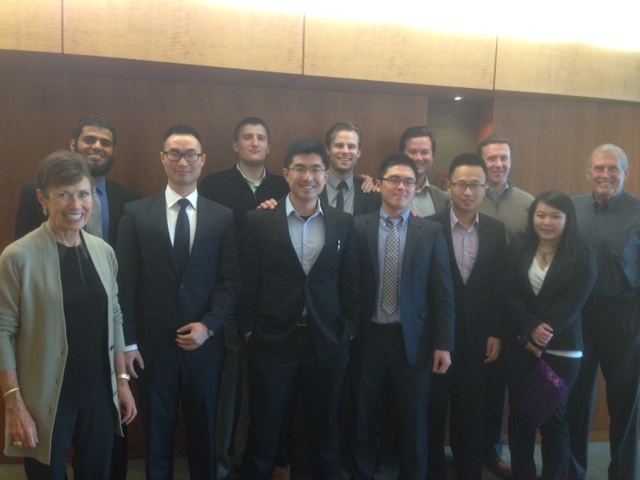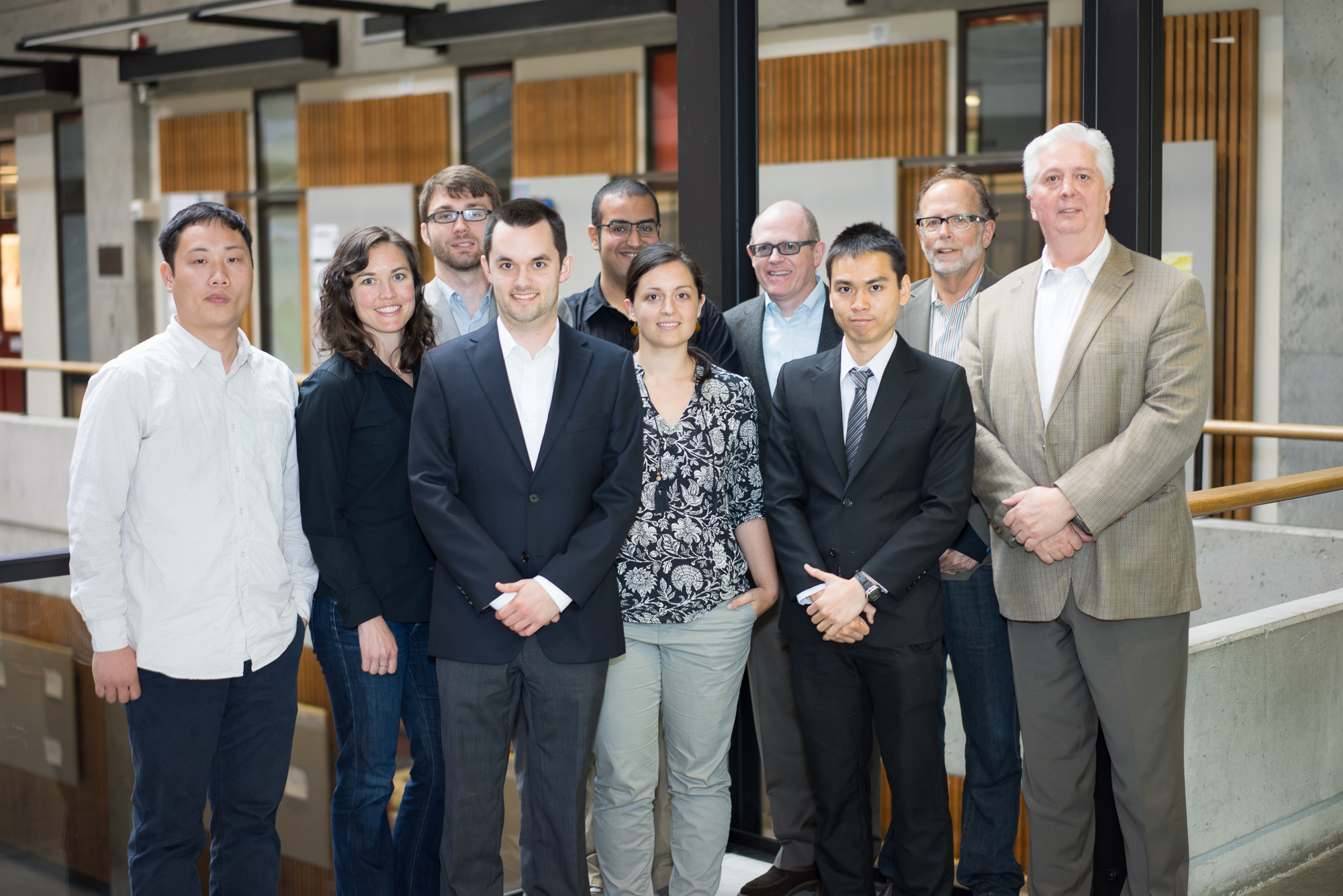| Please join us for the Second Annual Runstad Center Leadership Dinner. Our speaker, Dr. Enrico Moretti, is a nationally recognized thought leader on topics critically relevant to the City of Seattle today. Meet him, hear him, and engage him in questions and answers.
Thursday, Oct. 29, 2015 Event Speaker Seattle finds itself at the epicenter of the “Great Divergence” now happening on a global basis. Economist Dr. Enrico Moretti will discuss “the new geography of jobs” and how the innovation sector has transformed Seattle into one of the leading new economic powerhouses. Learn what these movements and challenges mean for the future of employment and growth in our area. For inquiries please contact Melissa Best at 206.616.5335 or bestm2@uw.edu |
 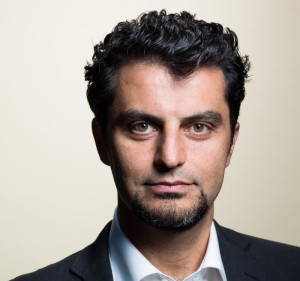 |
Category: Uncategorized
Runstad Affiliate Fellows Presentation, Thursday September 24th
Risks and Collaborations: A Discussion on the Future of Seattle
Thursday, September 24, 2015
6:00 – 8:00pm
Wing Luke Museum
719 S King St, Seattle, WA 98104
Panel and Community Discussion
Please join Runstad Center Affiliate Fellows Joe Ferguson and Maiko Winkler-Chin and special guests in a panel discussion. The discussion, moderated by Associate Professor Thaisa Way, will explore many perspectives and solutions to the question of how public and private investments together might contribute to creating healthy, affordable, and livable cities in Seattle’s growing metropolitan region. A screening of a film documenting the trip shot by Jose Carlos Teixeira and edited by Quadrid Productions will also be shown. Complementary drinks and appetizers provided
The 2015 Affiliate Fellows include: Joe Ferguson, Maiko Winkler-Chin, Kate Simonen, Thaisa Way, Andrew Hunt, and Yeon Soo Lee.
RSVP Now
Affiliate Instructor Search
The University of Washington’s Department of Urban Design and Planning and the Runstad Center are seeking two affiliate part-time instructors for the MS in Real Estate. We are seeking instructors to teach Financial Modeling for Real Estate II – ARGUS AE and Negotiations and Conflict Resolution in The Built Environment, both scheduled to be offered winter quarter 2016. Interested applicants should submit their material by September 25, 2015 to sdermisi@uw.edu Detailed information about the positions can be found here.
Washington state housing market stays strong in second quarter of 2015
Washington state’s housing market remained strong in the second quarter of 2015. Home sale prices, the number of sales and the number of new building permits were all up compared with a year ago.
The statewide median sales price for a single family home rose to $289,300 in the second quarter of 2015, 9.5 percent higher than the second quarter of 2014, though still significantly lower than the all-time high of $316,700 in the second quarter of 2007.
The Center’s findings were discussed further with UW Today.
Here’s a preview of the data, in our snapshot for Q2 2015.
The Dynamics of a Rapidly Growing City
On Friday July 24th Peter Orser, Director of the Center, was asked to make the keynote presentation to the ULI young leaders group. This energetic collection of emerging real estate professional gathered from Vancouver BC, Portland and Seattle to discuss “the Dynamics of a Rapidly Growing City” – a topic with many subtopics providing fodder for several panels and tours throughout the two day event. Peter touched on many topics from Growth Management to the whys and wherefores of Weyerhaeuser’s move to Pioneer Square. To stir the conversation just a bit, Peter made a few not so bold but startling predictions- such as “there is no question in my mind that the median price of a single family home in King County will exceed $650,000 in less than 5 years”–or—“While we hear a lot about density and an apartment construction boom, regionally we are still a culture that believes in an American Dream that is defined by single family home ownership, so our homeownership rate will not fall below 62%-regardless of the current short term trends we are seeing today.” The panel following, which included Peter and several other dignitaries who had participated in the Mayor’s task force on Affordable housing, continued the discussion with an energy and passion commensurate to the importance of the topic! Kudos to ULI-YLG on a fantastic event.
Tech boom boosts the Seattle luxury home market
Runstad Center Director Peter Orser is quoted in a Wall Street Journal article about how the tech boom has increased prices in the Seattle luxury home market, as executives look to relocate to neighborhoods with a short commute to downtown.
Congratulations, MSRE Class of 2015!
It was a beautiful evening last Thursday at the Russell Investment Center as the Runstad Center celebrated the graduating MSRE Class of 2015.
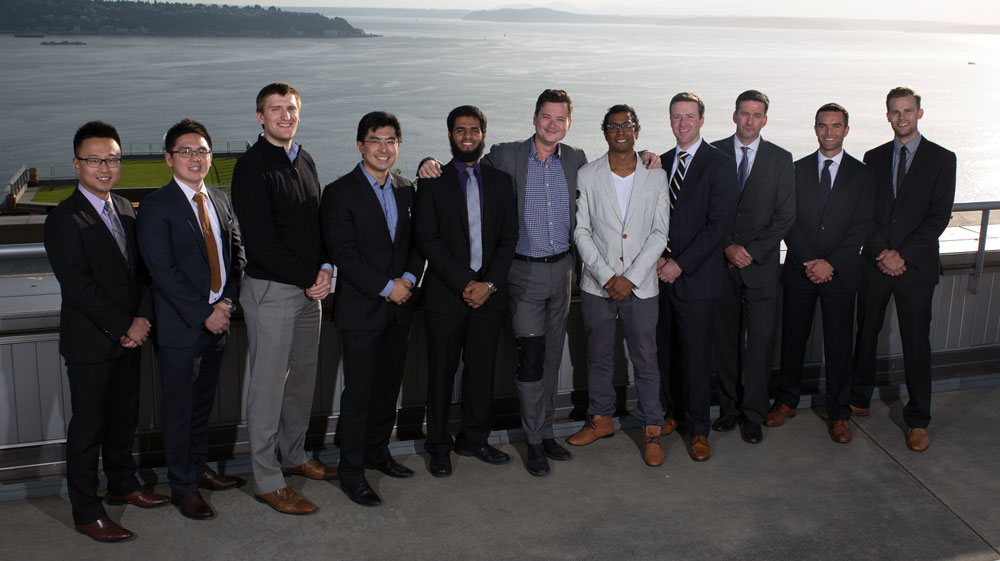
Thank you to all the family members, friends, board members, faculty and staff who came out to toast to our students. The Runstad Center is so proud of this incredible class. We have no doubt they are on their way to amazing careers.
Rich Haag + Thaisa Way at Town Hall Seattle | Wed 6/10 @ 7:30pm
Modern Impacts of Pacific Northwest Landscape Design: Rich Haag + Thaisa Way
Wednesday, June 10th
7:30 – 8:30 pm
Town Hall Seattle
Tickets: $5 purchase online Doors open: 6:30pm
Runstad Center Affiliate Fellow Thaisa Way and Richard Haag will sit down and offer a visual tour of the work he does, exploring the far-reaching influences of his work with ecologists, soil scientists, and how he kicked open the door for modern urban ecological design
Lunch with the Runstads
UW Team Wins Bank of America Low-Income Housing Challenge!
An inter-disciplinary College of Built Environment graduate student team organized by the Runstad Center for Real Estate Studies won the 24th Annual Bank America Low-Income Housing Challenge on May 14th in San Francisco.
In the largest competition in the 24 years since Bank America started the Challenge an initial group of 10 University teams was reduced to eight for the round of regional competition judged by experienced affordable housing developers, architects and financial partners.
Four finalists representing Cal Poly, UCLA and UC Berkeley as well as UW were then invited to the final round in San Francisco where they defended their proposals in front of a six person panel of experts.
The UW team was composed of seven students, including Ben Broesamle and Sam Yimparsit Masters of Science in Real Estate, Zi Cai and Genevieve Hale-Case Master’s of Urban Planning, Mohammed Al-Humaid and Raymond Sayers Master of Architecture and Martha Sassorossi Masters of Public Policy Evans School.
The group of seven showed extraordinary teamwork in developing a proposal for a 69 unit affordable housing development in the Wedge neighborhood of Tacoma Washington. Jurors commented that the UW team presented the most feasible proposal of the four finalists and clearly demonstrated the high level of team work necessary to successfully develop affordable housing in both their oral and written presentations.
Competing for only the second year in the competition, the team benefited from the experience of last years team as well as the cooperation of Professor Mike Pyatok whose Affordable Housing Design Studio served to provide the site and partners that the team was able to work with to develop a realistic project as well as an outstanding design. In addition the team led an outreach program that interacted with neighborhood residents and community organizations.
Juror comments indicated that the UW team won in all judging factors including design, financial feasibility, program and community engagement.
Special thanks are due the Tacoma Housing Authority and the Salvation Army of Tacoma who served as Project Developer and Sponsor as well as Stephen White of Vitus Company for generously sponsoring the student’s travel expenses to San Francisco for the second year in a row.
